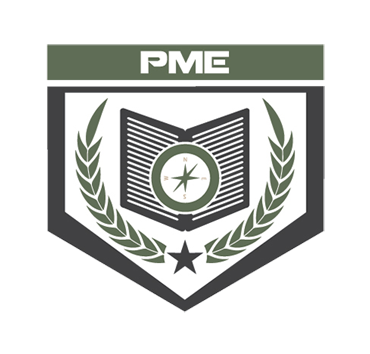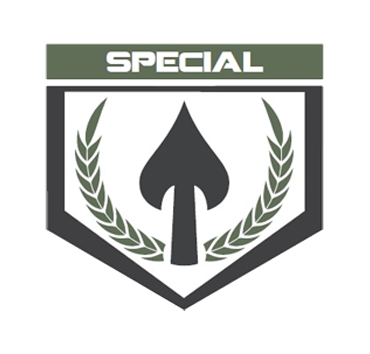At a minimum, students should be in good health with normal vision (20/20 with or without glasses), normal hearing and manual dexterity. Additionally, students should be able to read and comprehend basic writing and mathematical skills in the course session language (English or Spanish) and possess basic computer skills. Country Teams and/or Security Assistance Officers must provide written certification that each student selected was screened to attend the Waterborne Instructor Course Riverine and is able to lift a minimum of 40 pounds (18.2 kilograms) and perform strenuous physical exercise. (Written certification can be provided via Invitational Travel Orders (ITO).
Students will be required to successfully perform the following physical fitness tests during the first week: Perform a minimum of 42 push-ups in two minutes followed by a two-minute rest; perform a minimum of 50 sit-ups in two minutes followed by a 2-minute rest; perform a minimum of 6 pull-ups (no time limit) followed by a ten-minute rest; and, run 1.5 miles (2.41 kilometers) wearing running shoes in less than 15 minutes. Students must also be able to perform a 500-yard (457.2 meter) swim test using breast and/or side strokes in less than 13 minutes. Students may push off the pool sides during turns. Following this demonstration of stroke proficiency, students must be able to float in a prone position while maintaining a stable position for five minutes. They must then be able to transition to a back float prior to exiting the pool. Students must also demonstrate the ability to float wearing all combat gear while using required flotation equipment. This course is an attrition based course. Failure to demonstrate patrol craft knowledge, skills, physical fitness and swimming requirements will result in an immediate academic drop during the first week and a return to the student’s country of origin.













